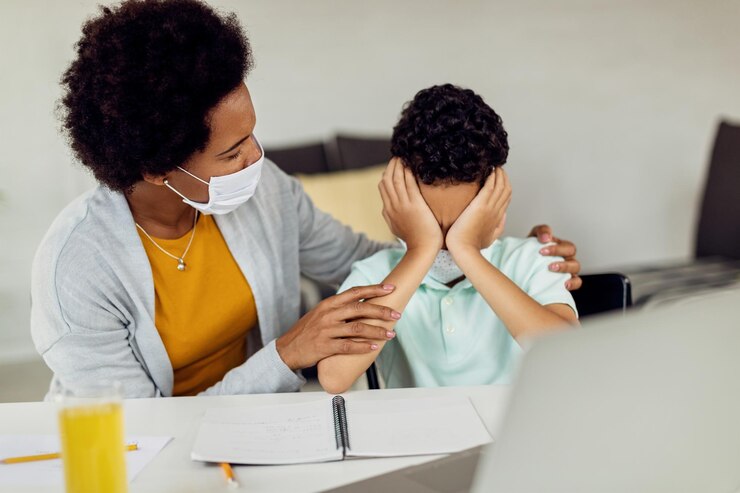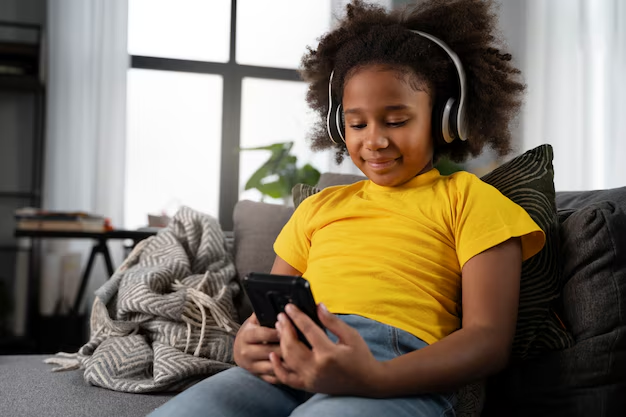Caring for a child with epilepsy

If your child has epilepsy, your to-do list is different from that of a parent of a child that doesn’t have it.
These tips may help make day-to-day life a little easier.
Dealing With Emotions
It’s natural for a child with a chronic illness, or who is different from other kids, to feel resentful. Children with an illness like epilepsy may have emotional problems, like low self-esteem or depression. This can come from within (anger, embarrassment, frustration), or from outside (teasing).
You can help your kid deal with these feelings.
Make sure your child understands as much about the disease as possible. There are many online resources available specifically for children.
Try to get him to be positive about his disease and focus on things he can do. Having epilepsy may place restrictions on your child. Still, he should be able to take part in most activities. At the same time, make sure to help him learn how he can minimize risk.
You can also help the rest of your family adjust:
Be sure your other children understand their sibling’s illness. If they feel neglected, try to spend more time with them.
If you think it’s necessary, seek family counseling. It can help everyone understand how to handle the effects of the illness together.
Show everyone what to do if your child has a seizure. That way, they won’t be afraid when one comes.
Children and Epilepsy Medicine
If your child is taking drugs for his epilepsy, work with his doctor to make sure he’s taking them correctly. You’ll need to:
Know the schedule for the medications (how many times a day to take them, whether he should take them with food, etc.).
Learn what to do if your child forgets to take a dose.
Know if any meds require blood tests.
Be aware of side effects and learn what to do about them.
Ask the doctor what to do if your child is ill or has a fever (that can bring on seizures).
Make sure your child’s school knows he takes medicine for epilepsy. If necessary, make plans for him to take it at school.
Always carry a detailed list of his medications.
What Else Can I Do?
Keep an eye on your child near water, whether at home or outside.
At home:
Keep an eye on him in the bathtub.
Make sure the bathroom door opens outward so that you can open it, in case your child falls. Take locks off the bathroom door.
Check your bathtub drain to make sure it’s working properly.
Keep tub water at low levels.
Keep water temperature low to prevent scalding.
Install a shower or tub seat with a safety strap.
Keep all electronics away from the sink or bathtub.
Away from home:
Don’t let him swim alone.
Make sure all adults, including lifeguards and instructors, know your child has epilepsy.
If he has a seizure while swimming, get him out of the water as soon as possible.
If anything seems wrong, call your doctor right away.
Published in February 2017




